Not everyone has the same options when it comes to dental implants. Some people do not have the bone density or bone structure to support all types of tooth replacement methods. This is especially true of dental implants, which require healthy jawbones for the implants to work and to stay secured. Without that health bone structure, the implants will fail. But there is an alternative, and this the mini dental implant.
What Are Mini Dental Implants?
As their name suggests, mini dental implants are smaller than traditional dental implants. How small they are can vary, as they range in size between 3.0 and 3.7mm in diameter. Now the average size of mini implants is becoming larger, and the lines are blurring somewhat between mini and traditional implants.
But the mini implants are generally used where traditional ones would be too large. This is generally only the case for people who have weak bone structures or who don't have enough bone in their jawline to support a full-size implant.
The mini implants are significantly smaller, which means they require less support and less bone to ensure they stay secure. These mini-implants can work for a larger number of people, which has made them increasingly popular over the years. While some people debate how useful and stable these small implants can be, the FDA has approved them and they are used with regularity by dental surgeons all over the United States.
They have been shown to be very durable and will last as long or nearly as long as the full-size dental implants. They actually started out as a temporary solution, as they could not be guaranteed to be stable for long periods of time, but as technology advances, these small implants are becoming more and more practical for long-term use and as a permanent solution for those who are missing teeth.
The Installation Process
Mini dental implants are inserted much like traditional implants are. They do take less time to implant and prepare though, so the entire process can be done quickly. It usually only takes a single session to prep and insert the mini implants.
A general dentist can actually insert the mini implants, and they do not require a specialist who has a lot of experience in the more complicated dental surgeries. The dentist will start by stabilizing the implants by using four separate implants that are to be inserted into the lower mandible. The dentist will use a diagnostic imaging tool to discover right where the implants need to be placed. The locations for the implants will be marked off, then the dentist will use a pilot drill to make some small holes in the jaw.
The dentist will place the implants in the holes and secure them with some small drivers and wrenches designed for this specific task. It is not a very invasive procedure, and it can be done quite quickly. The healing time is also greatly reduced when compared to traditional implants, as that procedure requires that a flap be cut into the tissue.
After the dentist has placed the implants into the jawline, then metal housings will be snapped into place and secure the mini implant where it is supposed to be. The dentist may even be able to use the patient's own dentures that are already in use for this procedure. In some cases, a new one will have to be fashioned.
Once the procedure is complete, the patient will be able to return home. The patient will be given clear instructions on how to care for the implants and what foods to avoid. Proper care of the implants can ensure that they last for many years without ever needing to be replaced or fixed within that time.
The Cost of Mini Dental Implants
Those who need to undergo this procedure and have mini dental implants put in may want to know what kind of costs they can incur. Now the price of the procedure will be different for each person based on a number of different factors. Your health can play one of the largest riels in determining the price. If you already have some dental structures in your mouth, then it may be more difficult for the dentist to work in there and special tools or materials may need to be used to ensure the new implants don't interfere with what is already in place.
Your location and the reputation of the dentist will also be important in setting the price for the process. If your dentist is well known and in demand, then it will cost you more to see that dentist. If you live in an area that has a high cost of living, then the cost of the procedure may be more as well. Regional pricing can really alter how much people pay for their mini dental implants, so if you are not seeing any prices in your area that are affordable for you, you may want to try to look elsewhere. Since this is a single-day procedure, you can travel somewhere to have it done and return the same day with no complications.
The consultation and the quote from the implants should be free. So you can get to find out more about the procedure and the plan your dentist has in mind for you without it costing you anything. The average cost for the procedure is between £1,500 and £3,000. This is for a single tooth and a single procedure. If there are complications, then the cost will go up.
Make sure you get a quote before you agree to the procedures. You want to be sure you are getting a fair price, even if you really need the procedure. Because it is becoming fairly common and is not time-intensive, it is being offered by many dentists, so you do have options as to where you can go to have it done.
Sources and References
-
[1]
A prospective cohort study on survival and success of one-piece mini-implants with associated changes in oral function: Five-year outcomesClinical Oral Implants Researchhttps://pubmed.ncbi.nlm.nih.gov/31021481/
-
[2]
Survival of Mini Dental Implants Used to Retain Mandibular Complete Overdentures: Systematic ReviewInternational Journal of Oral and Maxillofacial Implantshttps://pubmed.ncbi.nlm.nih.gov/30883617/
-
[3]
Mini dental implants: an adjunct for retention, stability, and comfort for the edentulous patientOral Surgery, Oral Medicine, Oral Pathology, Oral Radiology and Endodontologyhttps://pubmed.ncbi.nlm.nih.gov/16243233/
-
[4]
Comparative clinical study of conventional dental implant and mini dental implant-retained mandibular overdenture: A 5- to 8-Year prospective clinical outcomesJournal of Prosthetic Dentistryhttps://pubmed.ncbi.nlm.nih.gov/35675561/
-
[5]
Multi-clinic evaluation using mini-dental implants for long-term denture stabilization: a preliminary biometric evaluationCompendium of Continuing Education in Dentistryhttps://pubmed.ncbi.nlm.nih.gov/16389776/
All sources accessed and verified on . Medical information reviewed for accuracy and compliance with current guidelines.
Related Articles
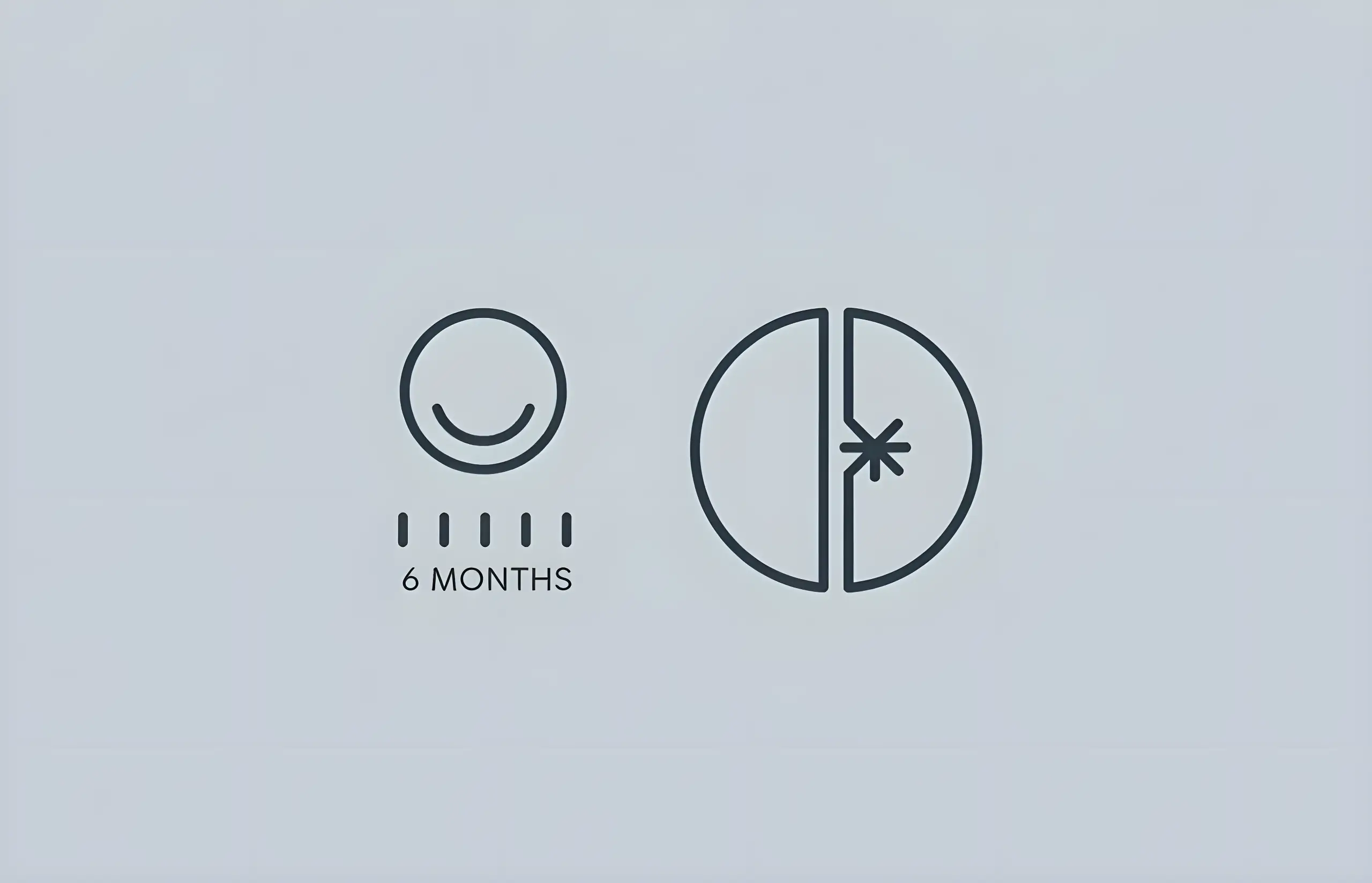
6 Month Smiles – Cost and Reviews
A comprehensive guide to 6 Month Smiles treatment, including costs, benefits, procedure details, and patient reviews

All-On-4 Dental Implants – Costs and Information
Comprehensive guide to All-on-4 dental implants, including the procedure, success rates, costs, healing process, and how this treatment replaces a full arch of teeth
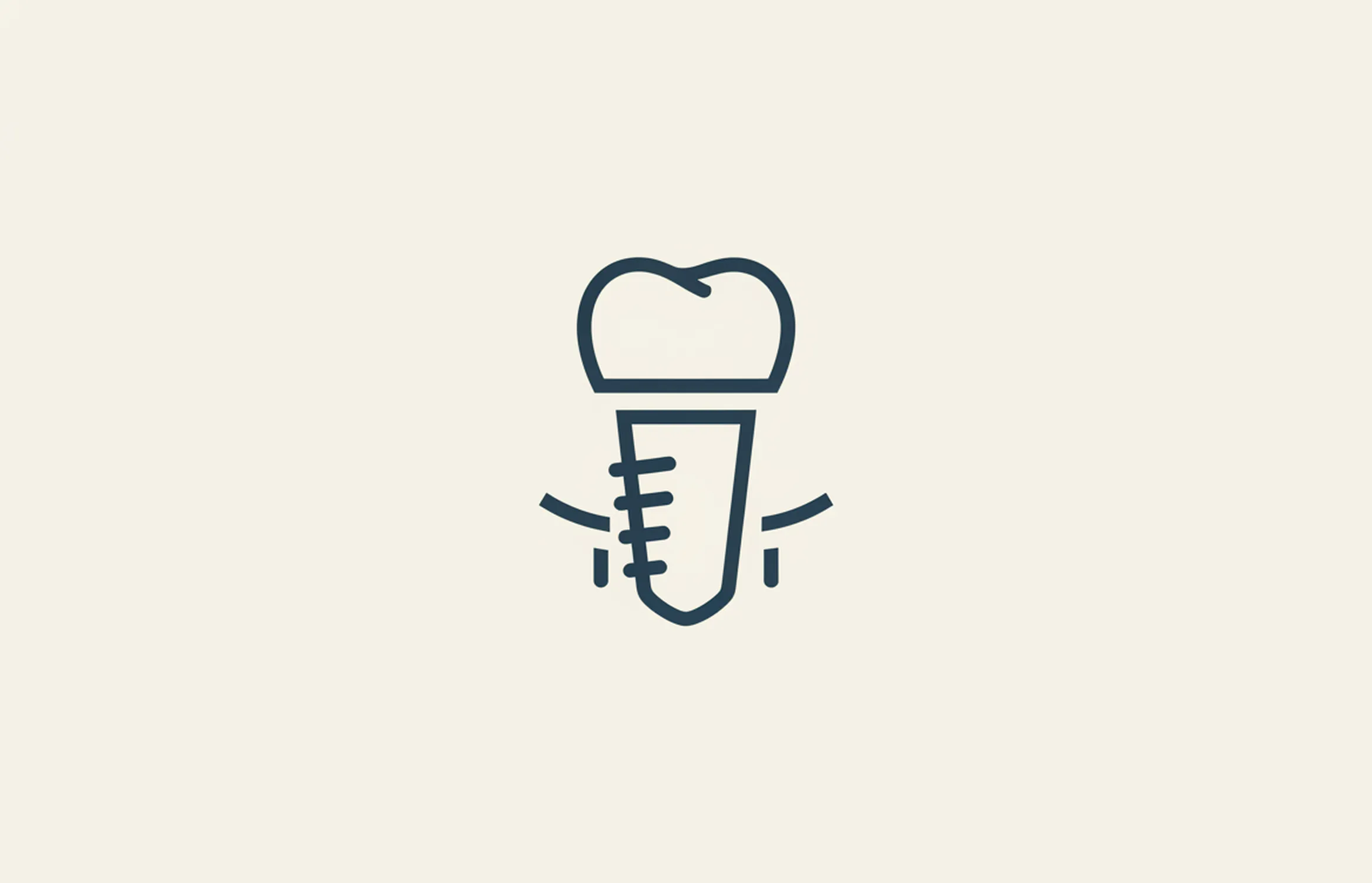
Ceramic Dental Implants
Understanding zirconia ceramic dental implants as a metal-free alternative to titanium, including benefits, longevity, biocompatibility, and clinical success rates

Clear Choice Dental Implants
Understanding Clear Choice dental implant services, the consultation and treatment process, same-day teeth options, full-arch rehabilitation, and what to expect from this specialized implant provider
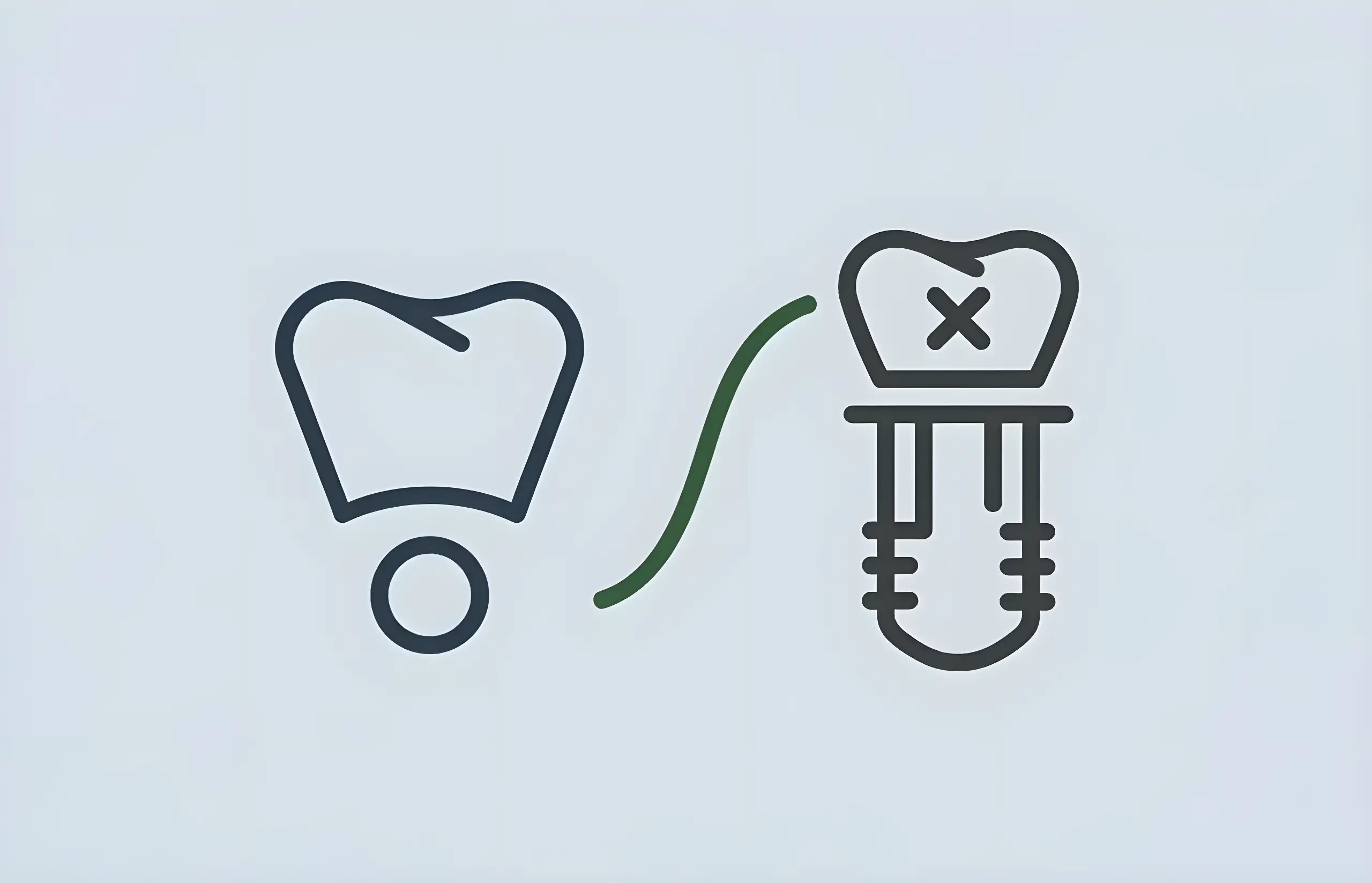
Dental Crown vs Implants
Comprehensive comparison of dental crowns and implants for damaged teeth including procedures, costs, longevity, when to save vs extract a tooth, and which option is best for your situation
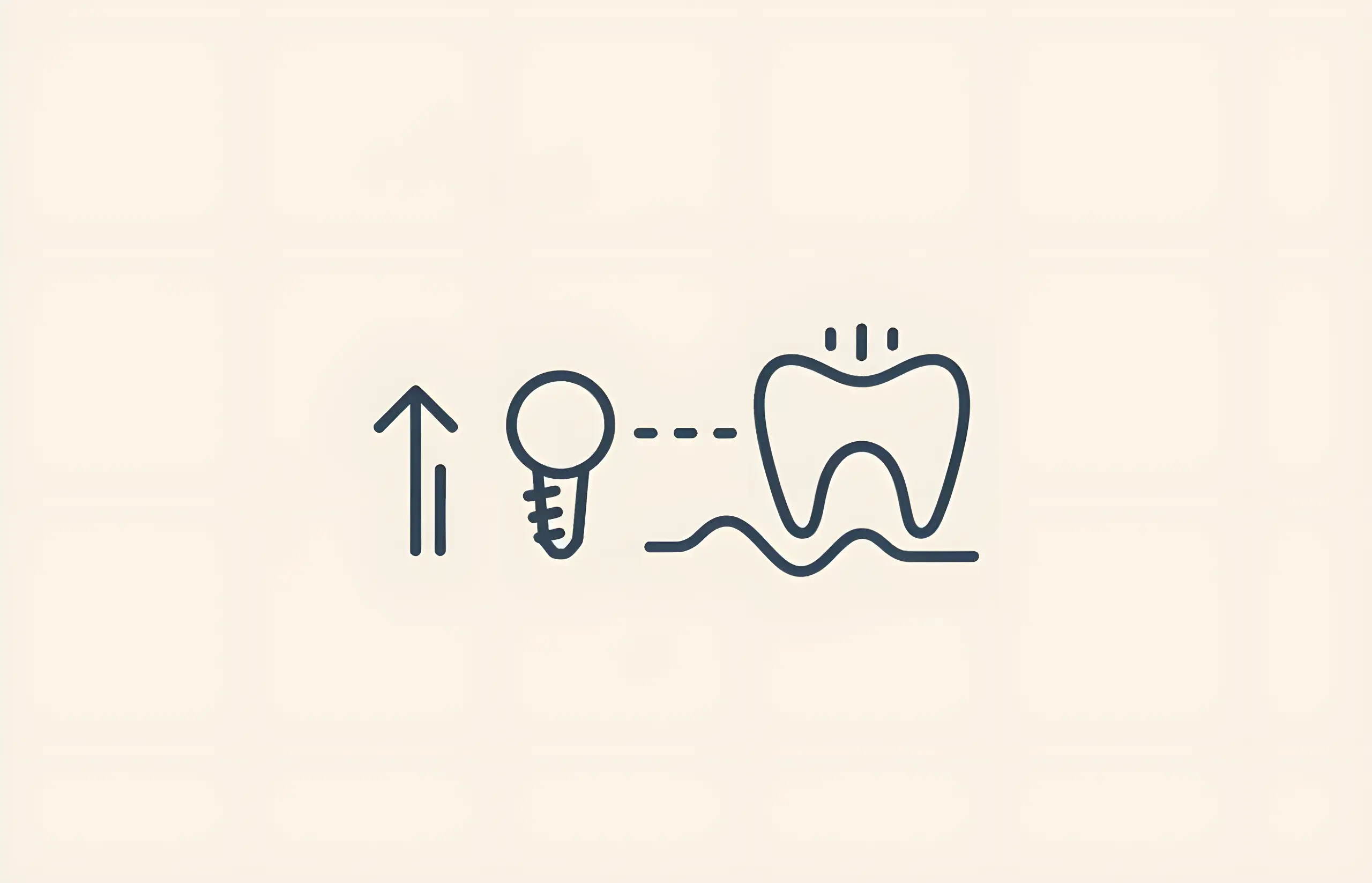
What Is The Dental Implant Healing Time Before Crown Placement?
Understanding osseointegration and the 3-6 month healing process between dental implant surgery and permanent crown placement

Dental Implant Costs In The UK – Single Tooth and Full Mouth
Complete guide to dental implant costs, financing options, success rates, and what to expect from single tooth to full mouth implant treatments in the UK

Full Mouth Dental Implants – Costs and Information
A comprehensive guide to full mouth dental implant rehabilitation, including procedures, healing times, success rates, and UK costs
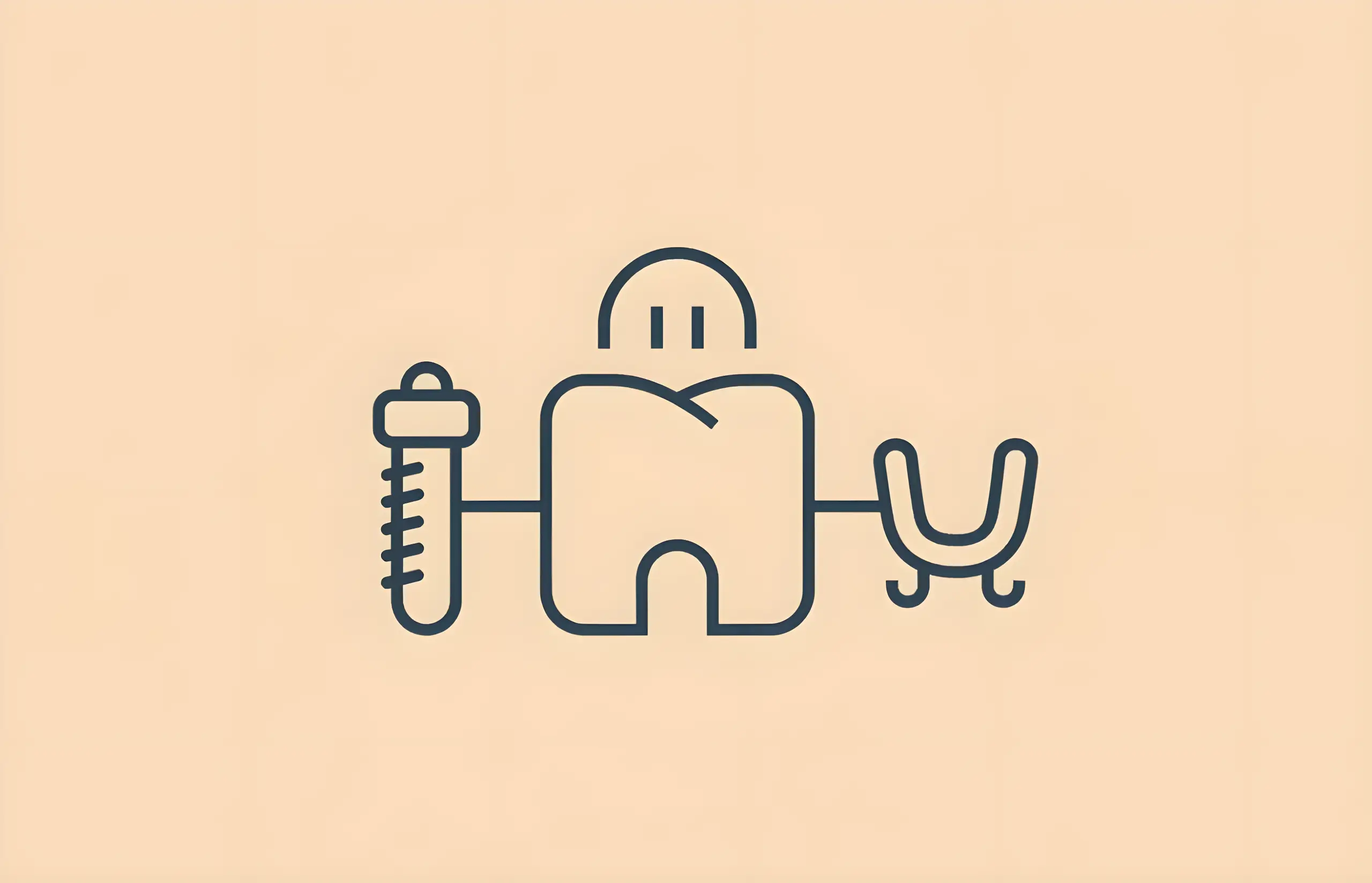
Missing Tooth Replacement Options
Compare dentures, bridges, crowns, and dental implants for replacing missing teeth including costs, benefits, and which option is best for your needs

The Different Types of Dental Implants
Learn about the different types of dental implants including conventional implants, mini and micro implants, fixed bridges, over-dentures, temporary implants, and their costs
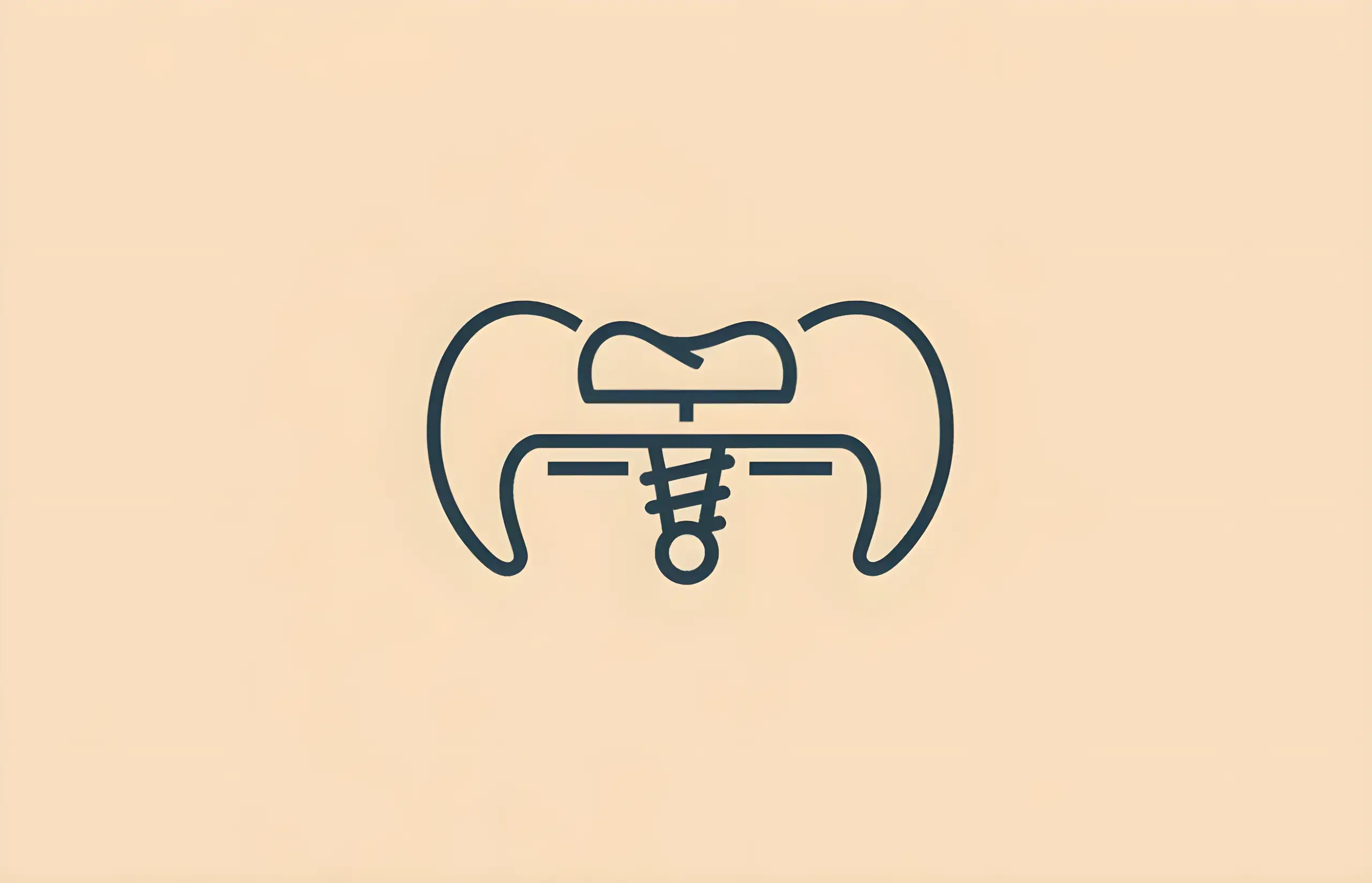
Zimmer Dental Implants
Comprehensive guide to Zimmer dental implant systems, including their tapered screw-vent technology, quality standards, and why dental professionals trust these proven implant solutions
About The Dental Guide
The Dental Guide is a trusted online resource providing evidence-based information about dental health, treatments, and procedures. Our content is created and reviewed by qualified dental professionals to help you make informed decisions about your oral health.
Our Mission
- Evidence-based dental information
- Expert-reviewed content
- Clear, accessible explanations
- Latest treatment options
- Patient-focused guidance
Editorial Standards
- GDC-registered dental professionals
- Peer-reviewed sources
- Regular content updates
- Medical accuracy verification
- Transparent authorship
Important Notice
The information on The Dental Guide is for educational purposes only and should not replace professional dental advice. Always consult with a qualified dentist for diagnosis and treatment recommendations tailored to your individual needs and circumstances.
Medically Reviewed
Reviewed by Dr. Nasim Mechoui , BDS (Bristol)
Share this article
Comments & Discussion
Have questions about dental implants? Share your thoughts or experiences.
